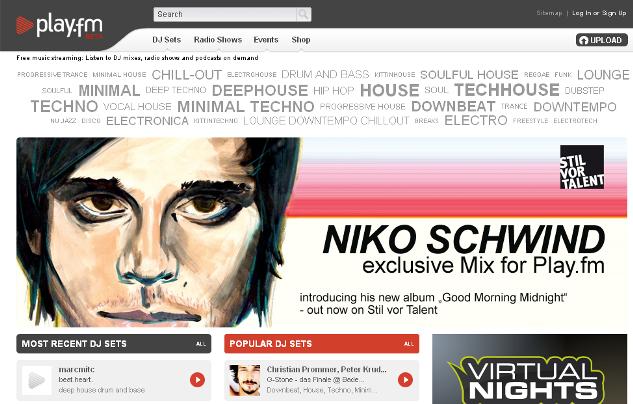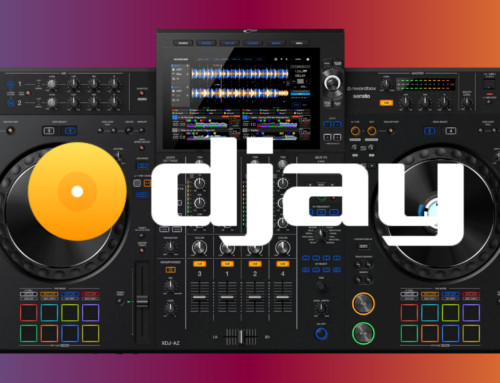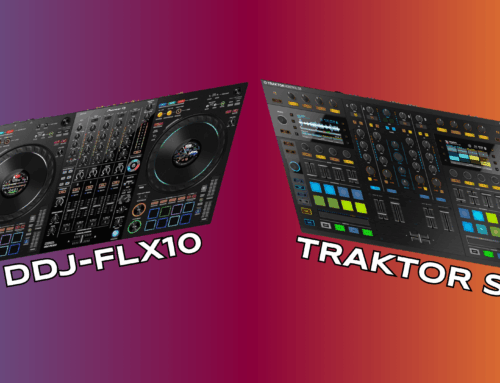 Before we get into this, let’s take a quick look back at where the scene has been. It’s going on 40 years since Herc first shocked The Bronx by reimagining the turntable as a musical instrument, 20 since Paul Van Dyke’s first live show and more than 10 years since Traktor was released. The DJ community is today what the rock scene was in the 70s and 80s. We cover the globe, and pay our heroes lavishly. We play in stadiums, bars and bedrooms. The DJ culture is woven through the maturing online space, and we’re savvy with online consumption of our tunes.
Before we get into this, let’s take a quick look back at where the scene has been. It’s going on 40 years since Herc first shocked The Bronx by reimagining the turntable as a musical instrument, 20 since Paul Van Dyke’s first live show and more than 10 years since Traktor was released. The DJ community is today what the rock scene was in the 70s and 80s. We cover the globe, and pay our heroes lavishly. We play in stadiums, bars and bedrooms. The DJ culture is woven through the maturing online space, and we’re savvy with online consumption of our tunes.
With that in mind: Play.fm is an English-language, Austrian-based website that’s one part streaming dance radio, one part online music store, and one part mix hosting site. Its interface is clean and maybe trendy; the work of discerning architects. A third of the front page features new mixes from name DJs and recent festival recordings. Audio plays from a simple Flash page and includes, more often than not, the tracklist. In many ways, it’s nothing new. If you’re reading this, your needs for DJ fodder are probably already being met by a bevey of existing services. So where does Play.fm fit in?
The music tends toward tech, minimal and house, but an underbrush of funk, hip-hop and dub rounds out the sound. The site is host to mixes, streaming and recorded radio shows, and songs can be purchased, when they’re available, directly from the tracklist via services like Beatport and Juno. There’s also a gig guide so localized it makes me wonder if it’s short-sighted to exclude the global online community, or inspired to fashion a regional, real-world one. Franchise this section, and Play.fm could come to embrace more of Europe, and from there… Its angle is to unify. Play.fm hopes to bring your favourite services to a centralized portal, to bring new music to your ears, and bring together real people with similar interests.
And here’s where it gets interesting. A site like this depends on its community as much as its content, and since anyone can log in and upload, there are a dozen bedroom DJs for every Aphex Twin or Gilles Peterson. There’s a 20 minute minimum, so while you can identify and buy individual tracks, it’s DJs who are serviced by uploads – not producers – and therein lies Play.fm’s chief competitive weapon against SoundCloud: while consolidating a broader range of services, it speaks to a more narrow persuasion of user.

So does it work? Well, you’ll be the judge of that, but I will say that for all my aimless scanning, the mixes are of a high enough standard (though in bitrates as low as 128kbps) that the occasional amateur moment is easily forgiven. The player is unobtrusive enough that you can forget all about it and browse, or work, or whatever, and enjoy the tunes.
For the active community, it’s a win-win. A service that you can log into for free with your Facebook account, that ticks so many boxes, and does it in style, is on solid footing to draw clicking users. If Play.fm can keep up new content and really get its users talking – and dancing – together, it’ll be a win first for the Austrians and, ultimately, for latter-day DJ culture.




